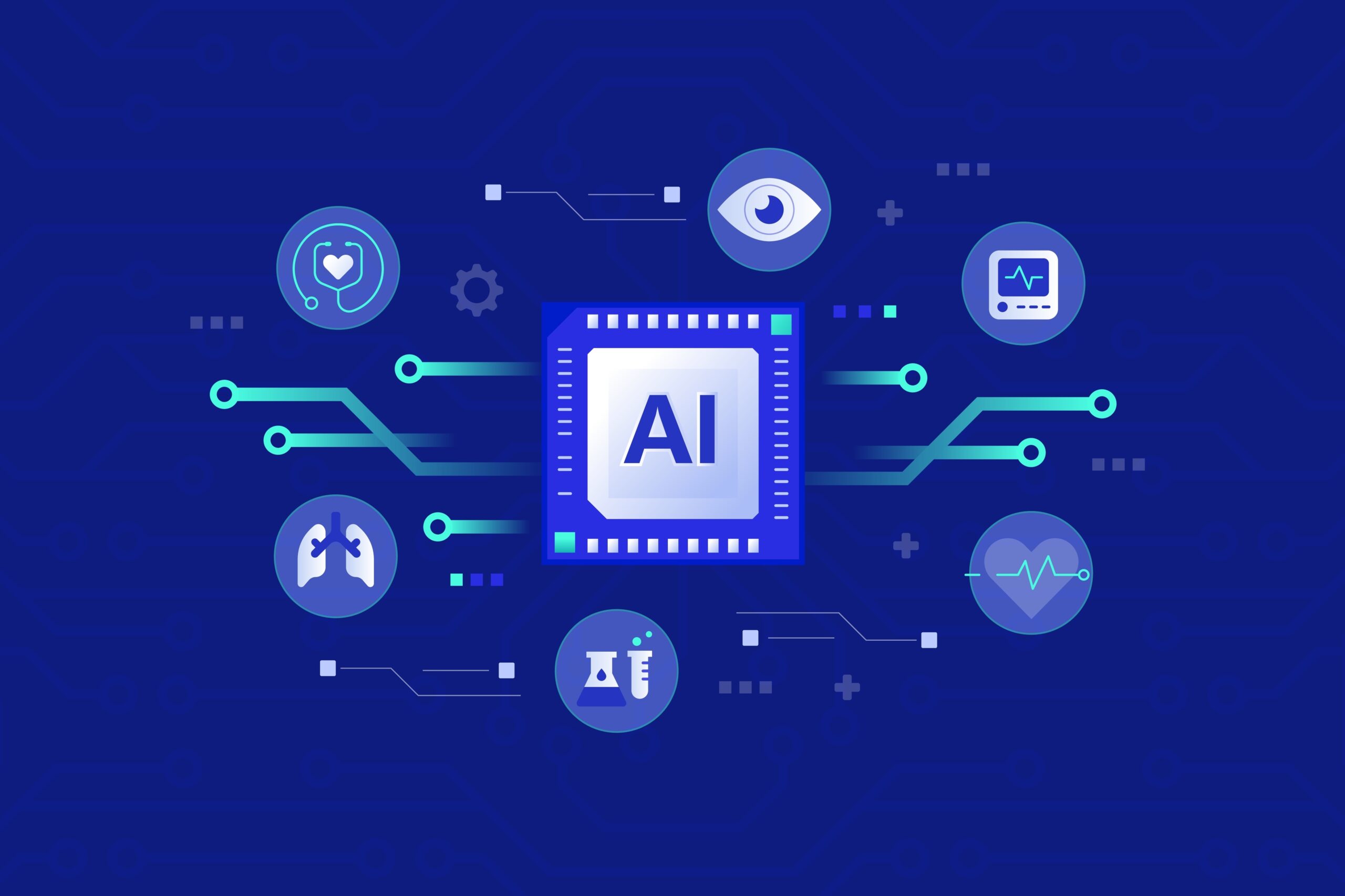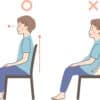Amid AI’s Healthcare Reckoning, Zhiyin Zhou Champions a Human-Centered Approach
【written by Cassie McIver】
A Turning Point for AI in Medicine
Artificial intelligence in healthcare stands at an inflection point. While its potential remains enormous, concerns about safety, bias, and accountability are mounting. The World Health Organization has called for caution, urging regulators to fully assess the risks of deploying generative AI in clinical settings. As American Medical Association President Jesse Ehrenfeld noted, physicians are already facing lawsuits over AI-driven errors, even as they “build the plane as [they’re] flying it” by adopting these tools without clear legal guardrails. At stake is public trust: how do we harness AI’s power while ensuring transparency, safety, and fairness?
Bridging Innovation and Ethics at CRIO
Zhiyin Zhou, Technical Project Manager at CRIO, Inc., is charting a more balanced path. At this Boston-based health tech company known for its electronic source (eSource) platform, Zhou is leading efforts that combine innovation with regulatory responsibility. CRIO’s eSource allows research sites to digitize data collection for drug trials, replacing cumbersome paper binders. Over 2,000 sites worldwide rely on it, and Zhou ensures it evolves without compromising integrity. Since joining in 2022, she’s helped transform CRIO’s core systems. Zhou’s approach stands in contrast to the “move fast and break things” mantra of Silicon Valley. “Clinical research isn’t a playground for unchecked experiments,” she quips in a recent interview, emphasizing that speed and ethics must go hand-in-hand. It’s a philosophy forged both by professional rigor and personal experience – and it’s yielding tangible results on the ground.
Innovating the Clinical Trial Toolbox
One of Zhou’s recent projects brings the buzz of AI to CRIO’s support ecosystem – but with a decidedly human-centric twist. She oversaw the development and launch of CRIO’s first AI-powered support agent, essentially a smart search tool embedded in the platform’s help center. This isn’t a diagnosis of diseases, but it does use natural language processing to index product manuals, training guides, and FAQs so that clinical researchers can get instant answers to questions. Zhou conducted user interviews to map out what information people needed most, and she led the team in fine-tuning the AI’s responses for accuracy and clarity. The result: a chatbot-like assistant that has cut down the volume of support tickets by enabling users to self-serve solutions. Importantly, it’s designed for transparency—every AI-generated answer links to source documents. In an industry wary of “black box” systems, this clarity builds trust, not confusion. It’s a small-scale example of AI in healthcare tech that actually bolsters trust rather than eroding it.
CRIO’s core product itself, the eSource data collection system, has also undergone a major transformation under Zhou’s influence. In what was effectively a heart transplant for the platform, this major update focused on usability, speed, and compliance. She orchestrated a phased rollout via extensive beta programs, personally recruiting power-user research sites as early adopters and gathering their feedback. If a coordinator in the pilot found a particular screen confusing, Zhou’s team acted and iterated quickly. This agile, user-focused process paid off: the new eSource not only became more user-friendly (a rarity in clinical software historically known for its steep learning curves), but also safer and more reliable. Zhou’s modus operandi here was clear: involve the users at every step, anticipate regulatory requirements, and deliver a solution that doesn’t just digitize a paper process but reimagines it entirely for efficiency and integrity.
From Guangzhou to User-Centric Design
Zhou’s commitment to thoughtful design stems from her upbringing. Raised in Guangzhou, China, in a family of doctors, she absorbed early on the ethical weight of healthcare decisions. That perspective deepened during college in the U.S., when she battled a serious illness. A new drug helped her recover—an experience that transformed clinical research from abstract to personal. “Every efficiency gain in a trial might bring a life-changing therapy to someone faster,” she says.
Her education reflects this mission. With a BID in Industrial and Interaction Design from Syracuse University and a Master’s Degree in Design Management from Pratt Institute, Zhou blends design thinking with business acumen. Now pursuing a degree in Information Systems, she brings a rare cross-disciplinary perspective. She can speak the language of both developers and frontline users—translating complex features into practical improvements. Colleagues credit her with not only delivering successful products, but also changing the culture of how those products are built – always keeping the end-user (often a busy research coordinator or investigator) in focus.
Recognition and a Vision for the Future
Zhou’s impact is gaining wider recognition. Earlier this year, she was invited to judge the TYNET 2.0 International Women’s Hackathon in India, where she mentored young developers on healthcare ethics and patient-centered design. She has also been selected for the prestigious Beta Fellowship, a highly selective industry program that vets candidates based on demonstrated impact in their tech domain. These honors underscore how peers see her: as someone who not only delivers results but does so with an eye towards industry-wide betterment.
As AI becomes more embedded in healthcare, Zhou is focused on ensuring it’s implemented responsibly. She sees promise in using machine learning for tasks like predicting patient recruitment bottlenecks or automating data checks—but stresses the need for human oversight. “AI can boost efficiency and even spot hidden safety risks,” she says, “but only if we hold it to the same rigorous standards we do for any medical intervention.”
In a time when AI in healthcare is under intense scrutiny, Zhou represents a new generation of leaders who balance ambition with accountability. From her roots in a medical household to her role at CRIO, she’s consistently asked the right questions: Is this tool safe? Is it useful? Is it ethical? By building transparent, user-friendly systems and embedding empathy into design, she represents a new generation of women leaders in tech who are not just innovating for innovation’s sake, but innovating to make healthcare better, smarter, and above all, more humane.















